
Social Life at 60 May Shrink Risk of Dementia
Researchers in London and Paris report staying in touch with friends and family in midlife activates centers of the brain that involve language and memory. It could be linked to better cognitive health.

Researchers in London and Paris report staying in touch with friends and family in midlife activates centers of the brain that involve language and memory. It could be linked to better cognitive health.

Walking groups are found to be one of the best and easiest ways to boost health and fight conditions such as dementia.
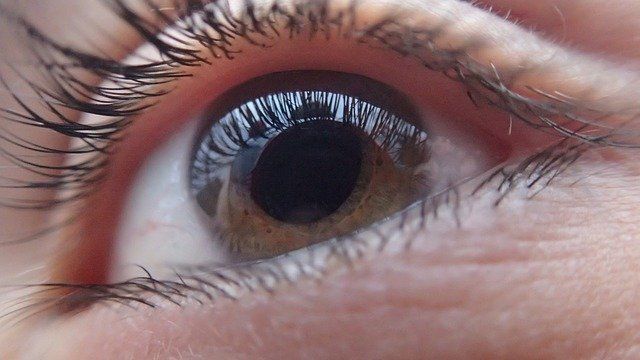
Researchers in Seattle, Washington have discovered that cataract surgery is associated with a lower risk of developing dementia, and specifically a lower risk of Alzheimer’s.

Researchers in New York found a gene that links cerebrovascular disease and Alzheimer’s.

Nanodevices are the newest weapon in medicine’s growing arsenal to fight Alzheimer’s. They capture dangerous peptides before they can assemble to form Alzheimer’s plaques in the brain.

Stress is like a glass of water; we have to put it down for a while and rest before holding it again. Here’s how to do it.
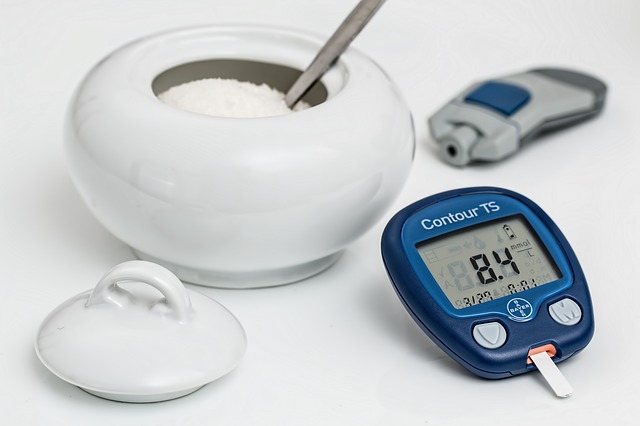
People taking certain drugs to lower blood sugar for Type 2 diabetes had less amyloid in the brain, a biomarker of Alzheimer’s disease, and showed slower cognitive decline than diabetics not taking drugs and people with diabetes. Find out more.

People with mild Alzheimer’s often enjoy places they enjoyed in the past – a favorite restaurant, parade, park, shopping mall, swimming pool, museum, or theater. It is good to keep going and it is smart to plan ahead. Learn how.

A new sensor has been developed that can detect Alzheimer’s more than a decade before symptoms appear. Learn more.

Rhesus macaque monkeys are being used to research early-stage Alzheimer’s. Find out why they are so much better than mice. Learn the advantages they offer scientists in the search for a cure.

SOCIALIZING in your 50s and 60s strongly predicts less dementia later on. Learn why, from new research by University College London. See Ohio State University demonstrate how true it is, from animals to people.
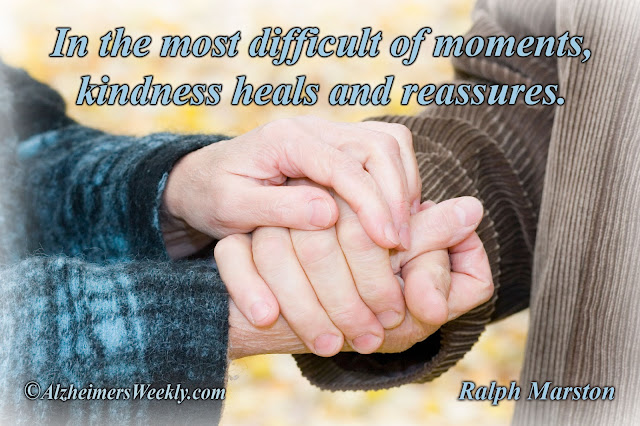
In the most difficult moments, Kindness heals and reassures.
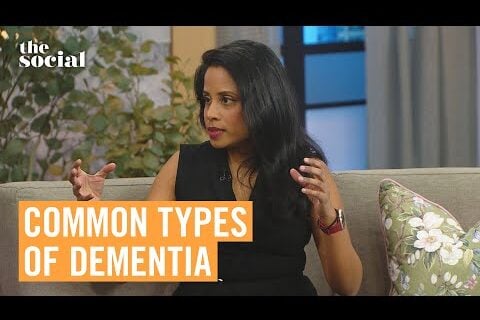
Why early warning signs matter more than most people realize.

Learn about ‘personalized music for dementia’ and its powerful effect on Alzheimer’s. See the Director of the hit film, ‘Alive Inside’, on the dementia-impact of music.
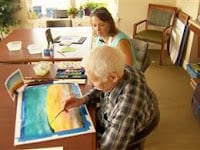
The brush strokes are precise, the colors vibrant. See a Colorado art program help patients rise above dementia, while the paintings raise money for The Alzheimer’s Association.

The protein BDNF builds synapses in the human brain, nurturing brain cells and fighting off dementia. While there is no artificial way of boosting it, social and cognitive activity can.

People may not have easy access to sophisticated, expensive dementia tests. A simple test from Einstein Medicine uses a stopwatch and a few questions to determine one’s risk of dementia. The potential payoff could be tremendous for individuals, their families and society.
No spam, only news and updates.


